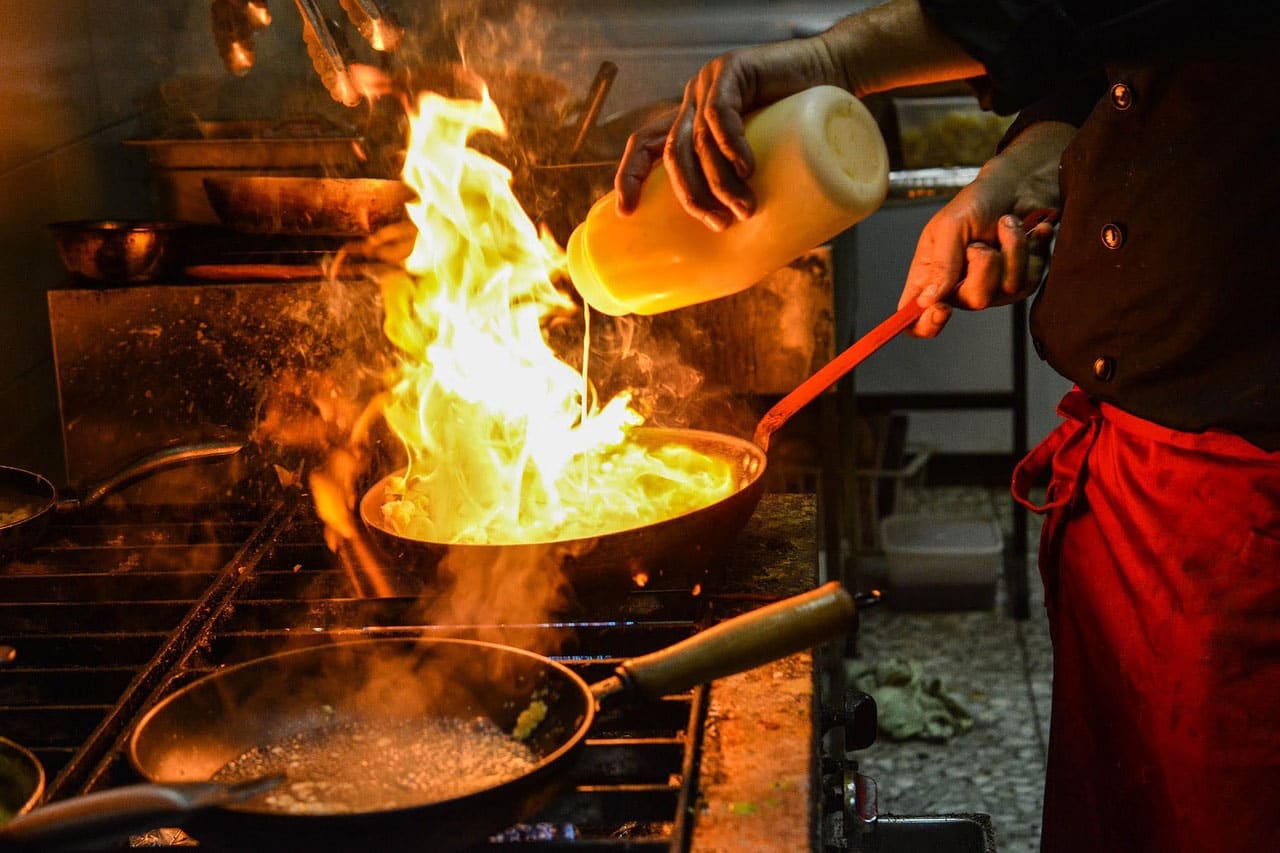Starting a food business is the most appetizing prospect in today’s world. For years now, social media and food shows have drummed up interest in unique, authentic recipes and local dining experiences. That family dish you prepare today with basic kitchen equipment could become the foundation of your own successful café or restaurant.

Success is never guaranteed in business, and this is something that deters most people from ever attempting to start one. There are many factors to consider. Some of them are under your control, such as the location and concept, as well as the time and effort you put into the business. Others, like the state of the economy, are beyond your ability to determine or influence.
The author and philosopher, Nassim Nicholas Taleb, writes that entrepreneurs are modern-day heroes. Taking on risks is the nature of business and necessary for the collective growth of our economy. If you are looking to make the courageous leap and start up a small restaurant business, take heart, and be smart.
Start small
Even if you somehow have access to large amounts of capital, you should test the waters when entering the food business. Most first-time entrepreneurs will be risking a portion of their life savings or taking out a significant loan in order to do so. If you are taking risks, make sure that the consequences of failure aren’t so bad that you could never recover from a setback.
Dipping your toes into the local market with a small concept allows you to get a feel for what works, and what doesn’t. In the event that your first concept doesn’t seem to work, this approach affords you the flexibility to change course and try something new.
Just because you are starting a food business, does not mean you shouldn’t expand into the online world. It doesn’t cost a lot to start a website, and with a domain name search you can see if your business name is available to help you keep consistent with your branding as you move to establish yourself within this sector.
Manage your costs wisely
One of the most important aspects of starting a restaurant is managing your costs effectively. From sourcing fresh ingredients to offering a high-quality dining experience, keeping expenses under control while maintaining standards is key to your success. For instance, if your menu features coffee as an after-dinner offering, sourcing premium coffee beans at a reasonable price can help elevate the overall dining experience. It’s a good idea to check out wholesale options for items like coffee beans, which can be purchased in bulk to reduce costs while maintaining consistency in flavour. These kinds of smart purchasing decisions can free up resources to focus on other priorities, such as perfecting your dishes or enhancing the atmosphere of your restaurant.
Do what you’re good at
There’s a simple reason why traditional dishes and family recipes are so good – they had to taste good in order to survive and get handed down through generations before there was any internet. Some have even been handed down to us from times before books were being printed.
While you may not be so fortunate as to hold the secret to a hundred-year-old recipe, you still have something special to offer. The more years you have spent cooking something and getting rave reviews from your neighbors, family, friends, and guests, the better you are at it.
Target a ready market
In food, as with any business, it pays to know your audience. Even though people like to eat three meals a day, they have many options – and may not even feel like eating out, to begin with. You might have great food, but if the people near your restaurant aren’t your market, then you probably won’t have enough regular customers.
If your small business is located near office buildings, you can attract employees by offering quick meals and personalized service. This convenience will make it easy for them to stop by during lunch or on coffee breaks. To further entice customers, serve espresso or brewed coffee that’s a step above the typical instant options available to most office workers. Additionally, consider outfitting your staff in custom aprons, which not only adds a professional and branded touch but also enhances the overall customer experience, making your business stand out as a welcoming, unique option for office-goers.
Learn from success stories
Many successful restaurant owners started out small, with just one store or even selling at markets and temporary stalls. The details of their stories vary, but what they all have in common are persistence and adaptability.
That’s why it’s important to take small risks so that you can survive them, learn, and do better. Find out what didn’t work the first time, so that you can work on it without compromising what’s great about your food.

